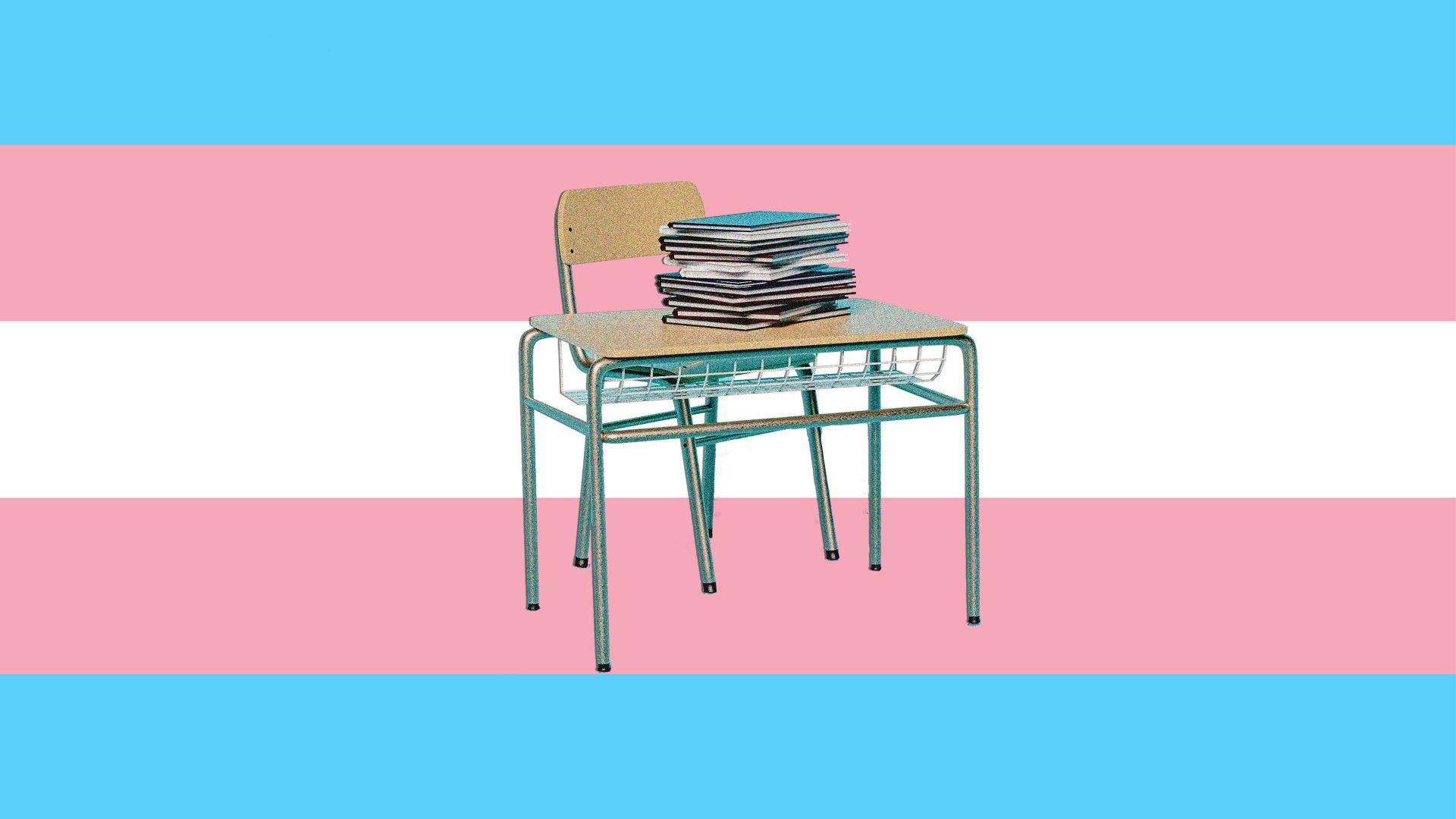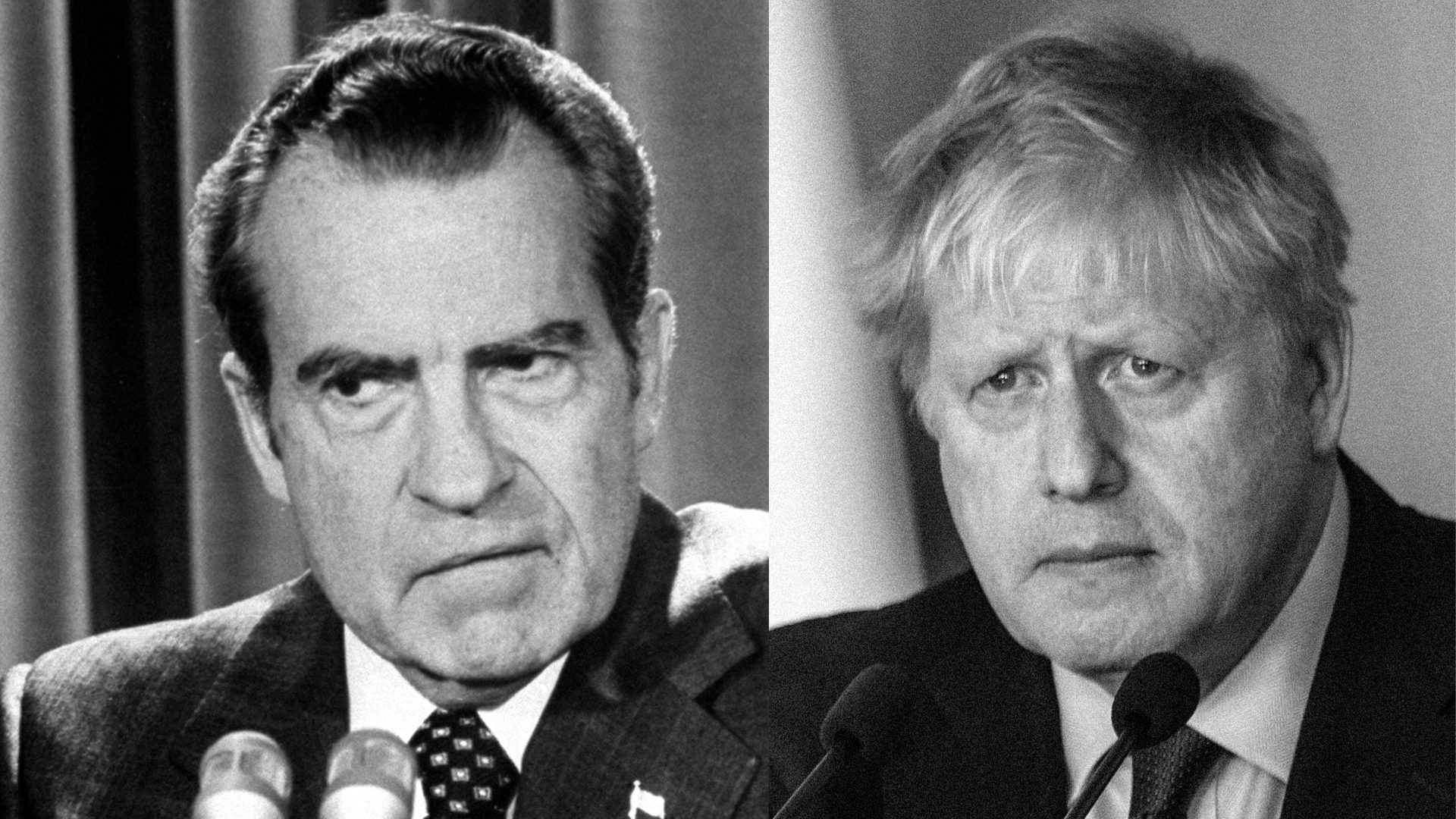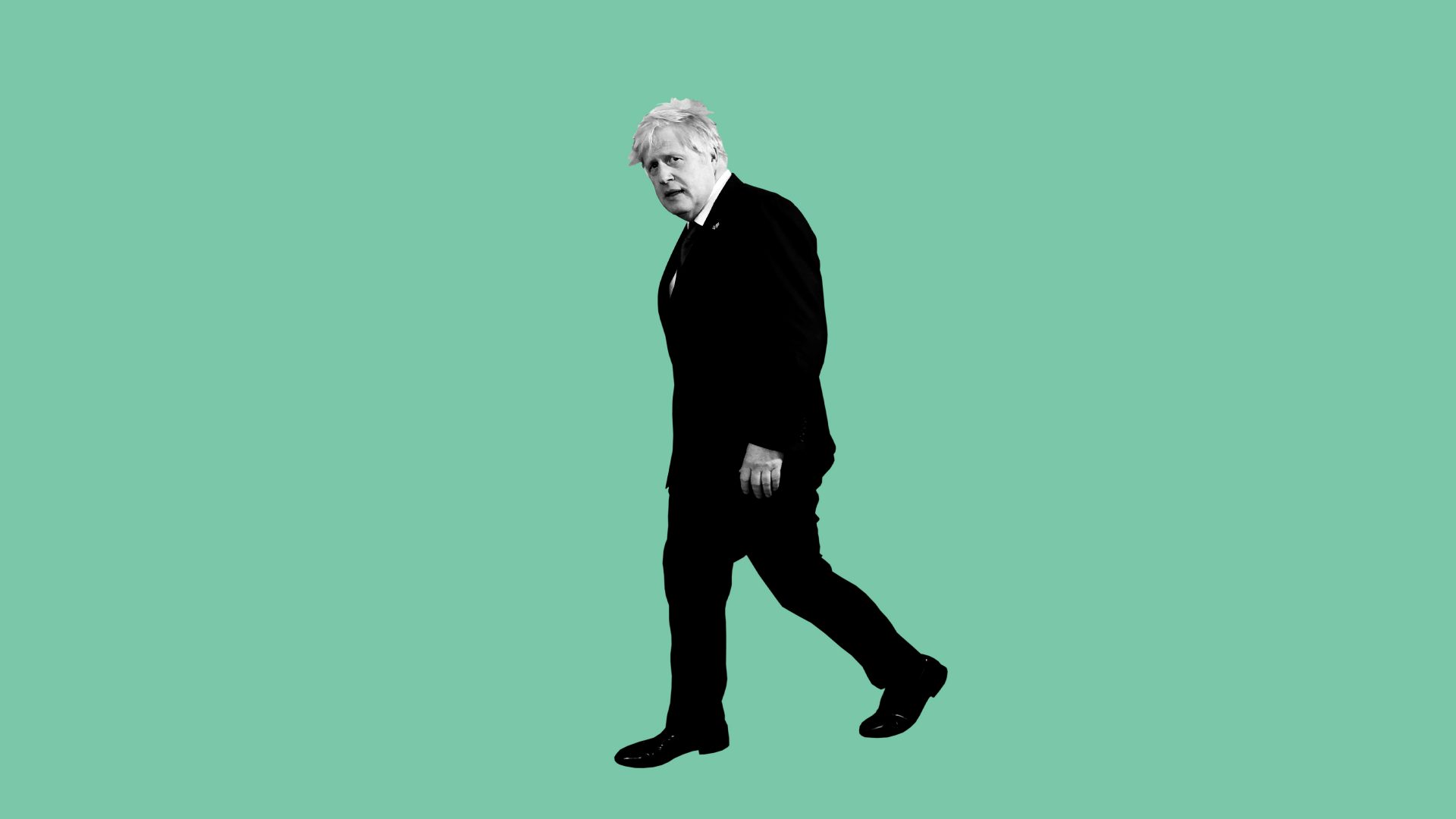One way to tell that something’s normal is that we’re happy to talk about it freely and easily in front of children. That’s what Britain’s LGBT children were deprived of for 15 years (slightly less in Scotland) by Section 28, a late Margaret Thatcher-era homophobic law banning the “promotion” of homosexuality, or any teaching that included “the acceptability of homosexuality as a pretended family relationship”.
In practice, this meant that schools across the country decided they simply could not mention same-sex relationships – depriving older students of useful sex education, but much more broadly making any kind of LGBT role models completely invisible for a full generation of students. I would know: I was one of those students. Section 28 covered all but my very final year in the UK school system. Of the (at least) five of us in my year who later came out as LGBT, only one did so in school – and surely came to regret it, given the bullying that followed.
When the law changed, the school changed fast: when relatives went to the same school less than five years after I finished, being gay was a non-event, even in the lower years.
What had changed in that time is that children – most but not all of whom will have come from mixed-sex families – could start to hear more about adults with different family lives. This has nothing to do with sex, despite attempts by bigots to imply otherwise, but everything to do with normality.
If a six-year-old asks their teacher if they are married, it’s seen as appropriate for them to share that fact. If they ask whether their teacher has children of their own, that’s fine to answer too. Through these kinds of questions, children learn that not all families are like theirs – some families have one parent, some children are raised by grandparents, and so on.
What Section 28 did was to deny LGBT families that privilege, that process of being accepted as something normal. Florida’s new “Don’t Say Gay” laws will do the same.
A gay male teacher in Florida is now, for example, not allowed to tell children he has a husband if they ask. That need to hide something will inevitably make it feel somehow wrong, unusual or shameful.
That is, of course, the point: it is a bid to delegitimise LGBT people and LGBT relationships, to make it sound like something that is an aberration from the norm. The pretended neutrality is a fiction – it is never accompanied by any kind of suggestion that all teachers should be entirely forbidden from talking about relationships or family life.
This is part of an intention to wind back the clock to a more bigoted age, and it is happening closer to home, too. Latvia passed a law in 2016 requiring schools to give “moral instruction” on family structures. Hungary passed a similar law in 2021, and Poland’s “LGBT-free zones” have had a similar effect in more than 100 municipalities across the country. Vladimir Putin’s Russia, naturally, started the ball rolling a decade ago.
But if anything can be relied upon, at least, it is the ability of teenagers to subvert a rule they disagree with. Last week, a Florida high-school class president called Zander Moricz used his graduation speech to talk about how important discussion of identity and role models were for people like him … people “with curly hair”.
Moricz, who was told by teachers (apparently with regret) that his mic would be cut if he used the word “gay”, said: “There are going to be so many kids with curly hair who need a community like Pine View, and they won’t have one. Instead, they’ll try to fix themselves so that they can exist in Florida’s humid climate.”
Moricz despaired of his need to use a speech he had planned for years for a political process, but also identified that the cruelty is the point: children must suffer so that adults don’t have their belief systems challenged.
Similar cruelty can be found on the UK’s shores. Last weekend, it was reported that the attorney general, Suella Braverman, had issued advice saying there is no need for UK schools to respect the gender identity of trans children. Schools can not only ignore a child’s preferred pronouns, but also can continue calling them by a name other than their chosen one.
The life of trans children is difficult enough already: there are years of coming to terms with dysphoria, and then years more waiting for any kind of treatment. Contrary to the idea that irreversible treatments are being handed out like candy, shortages and waits are sufficiently long that any child has a long time to think this through.
There are legitimate debates to be had that can come from a space of good intentions rather than from prejudice. While such arguments can also be hijacked by transphobes, there can be legitimate debate around single-sex spaces, sports, and the right levels of informed consent around treatment.
This is not what Braverman’s intervention concerns, though – it is straightforwardly and simply cruel. It is scoring political points by depriving children of the fundamental right of self-determination, denying them even the most basic of decencies.
It also seems an esoteric interpretation of equalities law, which generally relies on perceptions of gender rather than medical transitioning or gender recognition certificates – but unlike the attorney general, I am not a lawyer and so will leave it to more learned experts to challenge her advice, if that seems possible.
What we can challenge is the cruelty. Enough UK adults are used to gay people that arguments to try to reinstate Section 28 fall on deaf ears. Only an idiot believes a child will “decide” to be gay if they learn they have a gay teacher, or that their friend has two mothers – most gay people were raised by straight people, after all, and that didn’t manage to turn us.
Trans people are no newer than gay people, but trans people feel less familiar, and that uncertainty and unfamiliarity can be leveraged into fear. That is what is happening in Florida, in Hungary, in Poland, and in Russia. It must not be allowed to happen here.




